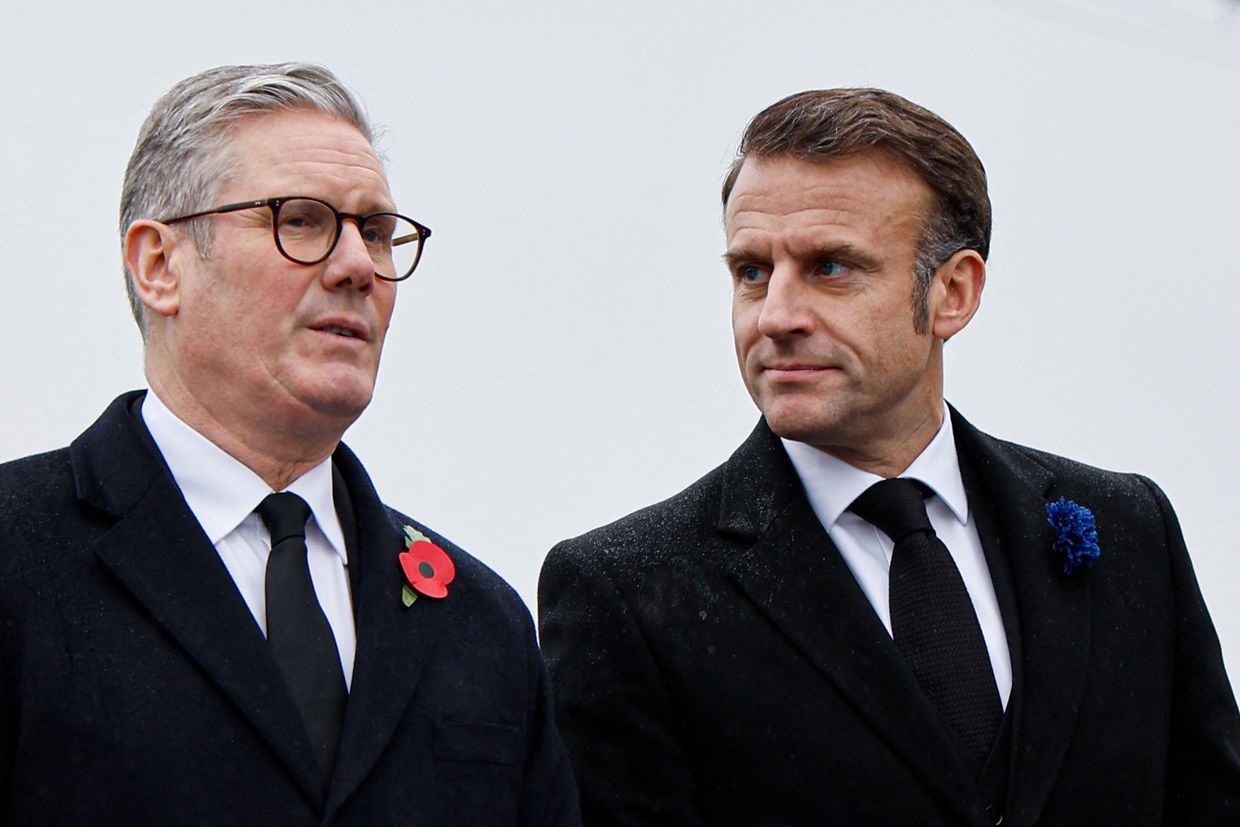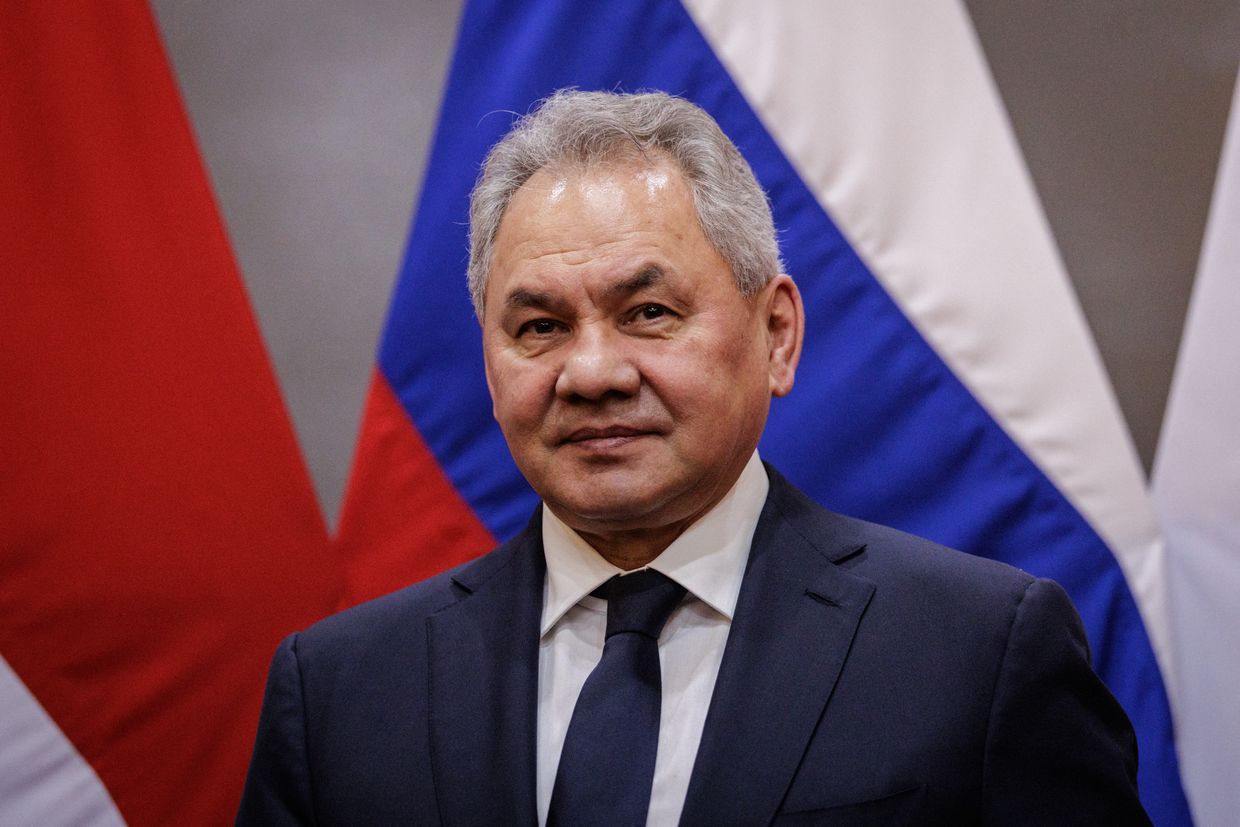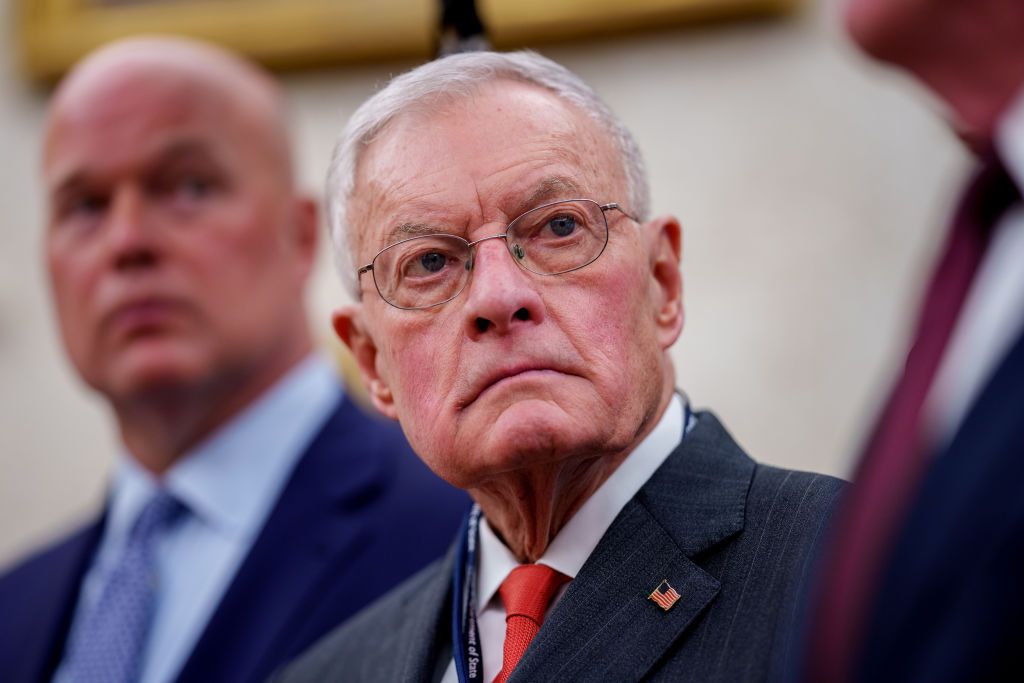With much fanfare, the U.S. on March 25 announced it had brokered an agreement between Russia and Ukraine to "eliminate the use of force" in the Black Sea after two days of talks in Saudi Arabia.
But while Kyiv said it was ready to abide by it straight away, Moscow stalled, insisting the U.S. lift some of the sanctions imposed on it since the start of its full-scale invasion of Ukraine.
The Kremlin has innocuously framed its request as a badly-needed boost to its global food and fertilizer trade, largely in the hands of several Russian agro-oligarchs.
But experts and officials who spoke to the Kyiv independent said lifting sanctions could in fact help line the pockets of both Russian oligarchs and Moscow's war machine, as well as putting pressure on what has so far remained a largely unified Western sanctions response to Russian aggression.
"Any easing of sanctions directly benefits the system fueling Russia’s war," a Ukrainian official who works on sanctions told the Kyiv Independent under the condition of anonymity because he wasn’t authorized to comment on the issue.
"It’s impossible to separate Russian oligarchs from their chemical assets — especially fertilizer plants — which are deeply intertwined with the Russian military-industrial complex," they added.
Which sanctions does Russia want lifted?
When announcing the ceasefire deal, the U.S. said it would "help restore Russia’s access to the world market for agricultural and fertilizer exports," but did not provide further details of how this could happen, or if it would involve the lifting of sanctions.
Russia's main demand is to lift sanctions on some financial institutions including the state-owned agricultural bank Rosselkhozbank.
In addition, it wants other banks related to agriculture to be reconnected to the Brussels-headquartered SWIFT global banking payment system. Russian banks were disconnected from SWIFT after the start of Russia’s full-scale invasion of Ukraine in 2022.
Despite the Kremlin insisting Russia's global agribusiness needs the boost from eased sanctions, it is in fact already on the up.
"An integral part of the Black Sea initiative is the lifting of sanctions on our banking institutions involved in settlements related to agricultural goods," Kremlin spokesperson Dmitriy Peskov told reporters on March 28, Russian state news agency TASS reported.
"If European countries refuse to take this step, it means they are not interested in following the path of peace," he added.
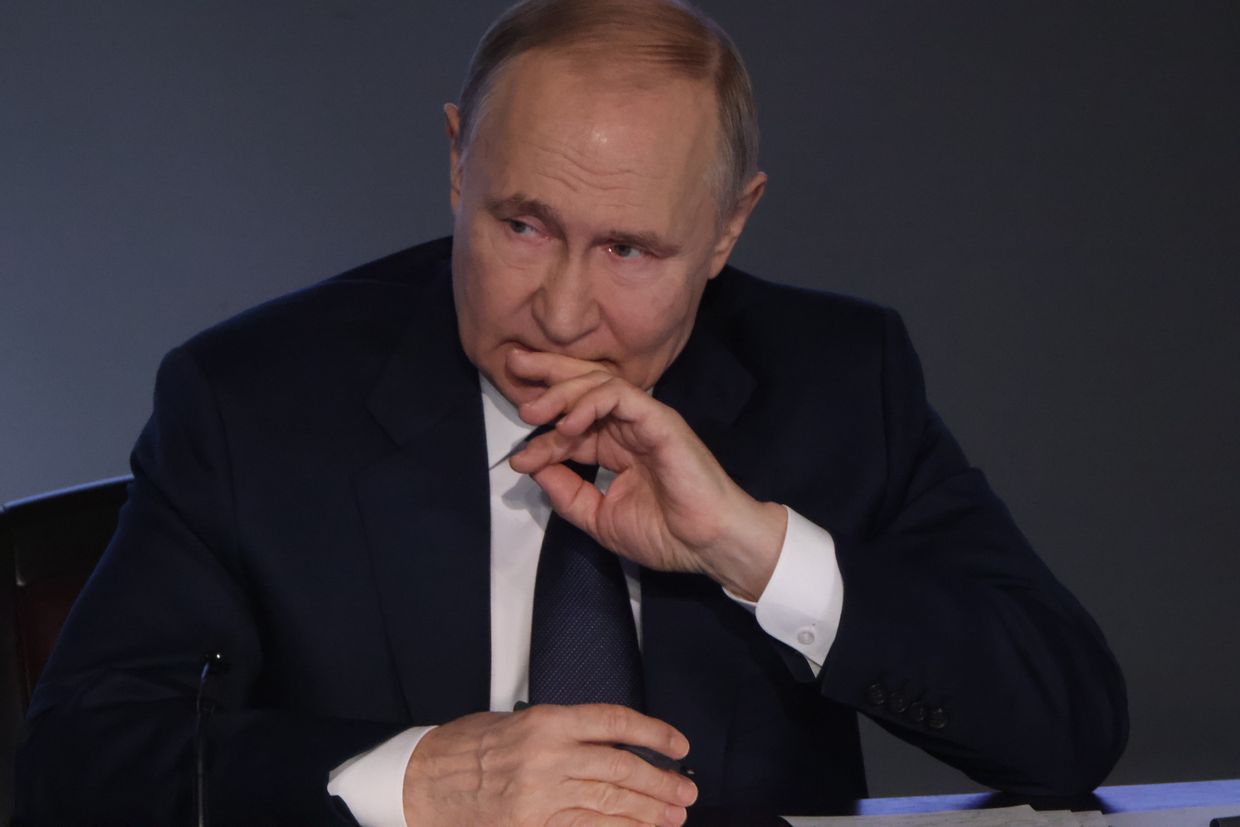
What is the state of Russia's global agribusiness?
Russia is one of the top agricultural exporters globally and its food and fertilizer companies were not sanctioned to ensure global food security.
Despite the Kremlin insisting Russia's global agribusiness needs the boost from eased sanctions, it is in fact already on the up.
Sanctions have made it harder for the sector to secure insurance for shipping and access to finance and machinery, but this has not majorly impacted their trade.
Russian agricultural exports increased by 8% in 2023 compared to 2022, and by nearly 10% in 2024. Fertilizer exports dropped by 27% in 2023 compared to 2022 but increased by 15% compared to 2021.
In the last year, Russian fertilizer has become even more competitive, thanks largely to cheap gas, Lilit Gevorgyan, Associate Director, Economics at S&P Global Market Intelligence, told the Kyiv Independent.
Despite a 30% tariff on Russian fertilizer imports in the EU, they have become increasingly common in the bloc, making up 25% of the market, according to S&P Global Market Intelligence.

Why is Russia focused on these sanctions?
Moscow’s demands are likely less about boosting its agriculture sector and more about overcoming wider financial sanctions, several experts told the Kyiv Independent.
Currently, due to being disconnected from SWIFT, Moscow is reliant on the Chinese banking system, although problems emerged last year when Chinese banks began curbing Russian transactions over fears of losing access to the U.S. dollar.
Regaining access to the Western financial system would be a major boon for Moscow as all of its major state-owned banks are sanctioned, so they cannot be used for trade or capital operations.
The Kremlin likely picked Rosselkhozbank because of its agricultural lending, which fits its narrative around the deal being important for its agricultural sector.
However, the state-owned bank is not limited to agribusinesses. If the sanctions against it are lifted, it could lend to anyone while also being used to circumvent other sanctions, launder money, and receive oil export revenues.
Russia "needs to have a large state-owned or state-controlled bank outside of the sanctions perimeter," said Alexander Kolyandr, a non-resident Senior Fellow with the Democratic Resilience Program at the Center for European Policy Analysis (CEPA).
“That will generally help Russia to reduce risks and prices of imports, facilitate export, and make capital movements easier,” he added.
Additionally, while food and fertilizer companies have not been sanctioned, its agro-oligarch owners, such as billionaire fertilizer tycoon Andriy Melnichenko, one of the most important businessmen in Russia with close connections to the Kremlin, have been.
If sanctions on Rosselkhozbank are lifted, they would be able to use the bank to move money, get loans, and make potential investments, funneling money into the pockets of businessmen that have fuelled the Kremlin's war machine.
Fertilizer companies in particular have sold chemicals to Russia’s military industrial complex, such as Melnichenko’s company Eurochem, Reuters has previously reported.
Russia also wants to get rid of restrictions on European ports that have prevented its vessels from docking, and wants sanctions lifted on ships flying the Russian flag. This would boost Russia’s exports and allow its ships to seek maintenance at EU ports.
Moscow’s final demand is to allow the import of agricultural machinery, like tractors, which have been banned by the U.S. and the EU.
Western machinery could improve productivity and revenue for Russian agribusinesses, meaning more money for their oligarch owners.
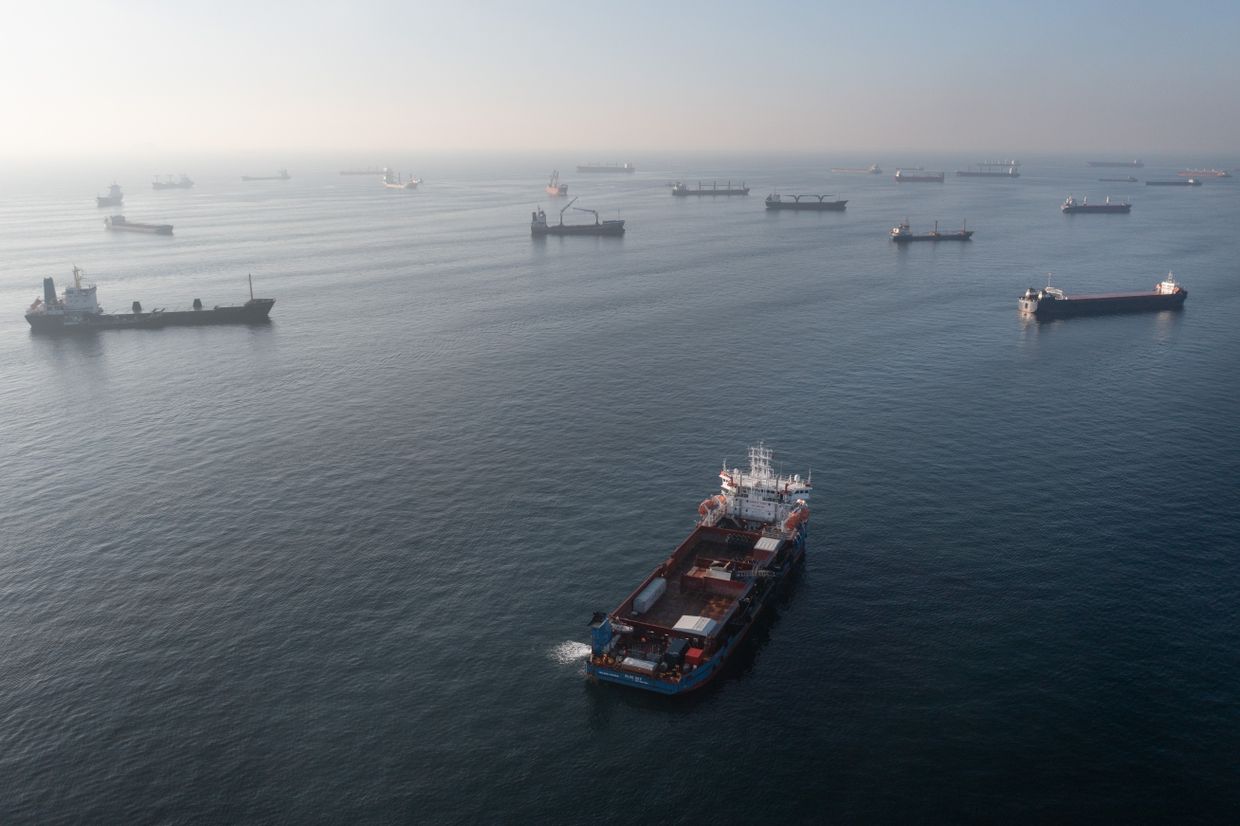

What is the current US position?
U.S. President Donald Trump sees sanctions as a negotiation tool and threatened Russia with secondary oil sanctions on March 30 for heel-dragging during the peace process.
Despite this, the White House has already said it is mulling over lifting sanctions as part of the Black Sea deal, and noted that some of the sanctions Russia wants lifted belong to the EU, not the U.S.
Ukraine’s Foreign Ministry spokesperson Heorhii Tykhyi said on March 27 that so far, Ukraine and the U.S. haven't agreed to lift any sanctions on Russia.
What happens if the US agrees to lift these sanctions?
If the U.S. does heed Moscow’s demands, Russia will have access to hard currency and a more productive agricultural sector, Gevorgyan said.
"The loosening of sanctions will have the very real effect of immediately helping to feed the defense industrial machine within Russia."
In turn, this would benefit the oligarchs that have profited off the war, from stealing Ukrainian grain in occupied territories, to selling chemical products to Russia’s military sector.
"The loosening of sanctions will have the very real effect of immediately helping to feed the defense industrial machine within Russia," Steven Horrel, non-resident Senior Fellow with the Transatlantic Defense and Security Program at CEPA, told the Kyiv Independent.
Horrell adds there is also concern that even the lifting of limited and specific sanctions could undermine the entire sanctions regime imposed by Western nations in their support for Ukraine and fight against Russian aggression.
Giving in to Putin now would be a "fool’s errand" and a "show of weakness" from the U.S., he said, adding it would also destigmatize Russian companies that have stolen from Ukraine and "reward an aggressor for invading its neighbor."
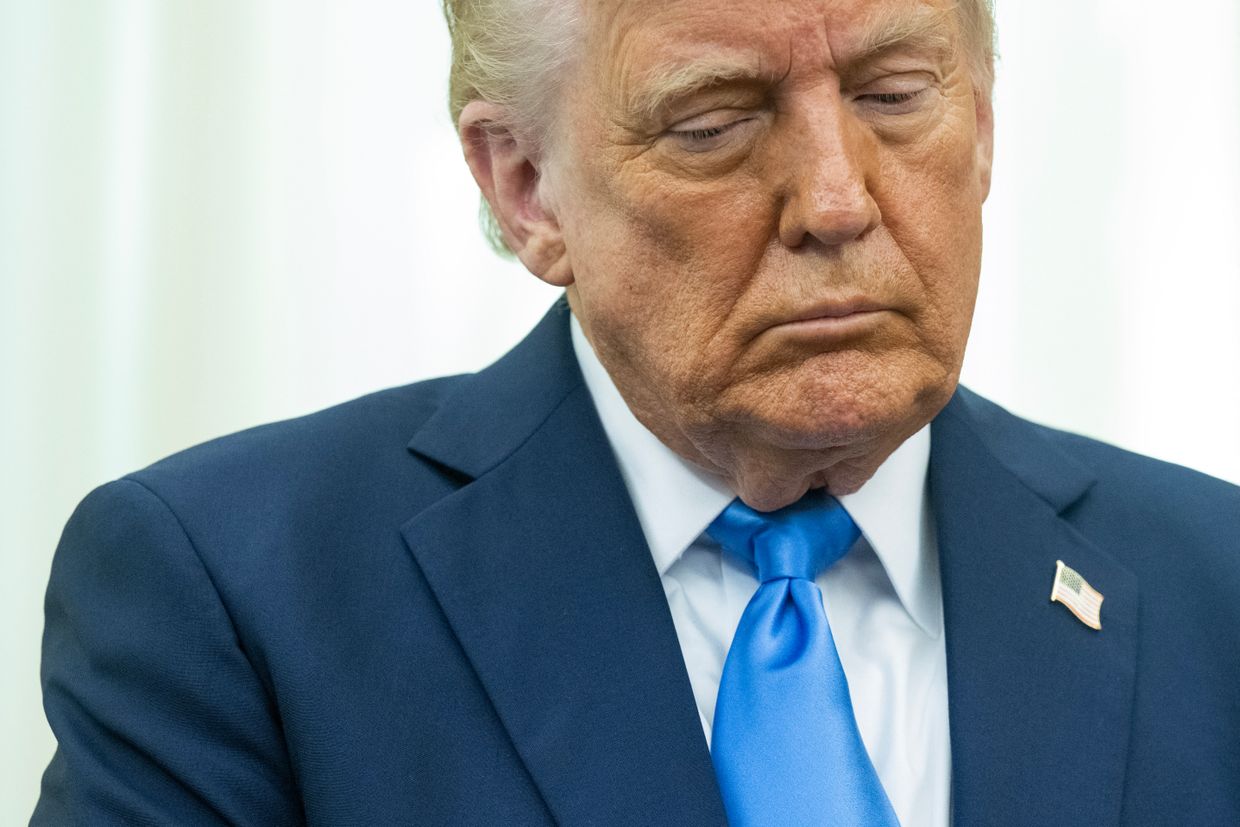
Even if the White House eases restrictions, European countries are likely to continue sticking to their guns.
"This may be intended to drive a further wedge between the U.S. and Europe", Taisa Markus, adjunct professor at the University of Illinois College of Law, and visiting professor at Kyiv Mohyla Faculty of Law, told the Kyiv Independent.
"Even if the U.S. lifts financial sanctions, so long as EU, U.K. and other sanctions remain in place, Moscow is unlikely to gain meaningful access to the global financial markets, and major American financial institutions are likely to remain hesitant to do business with Russia," she added.
